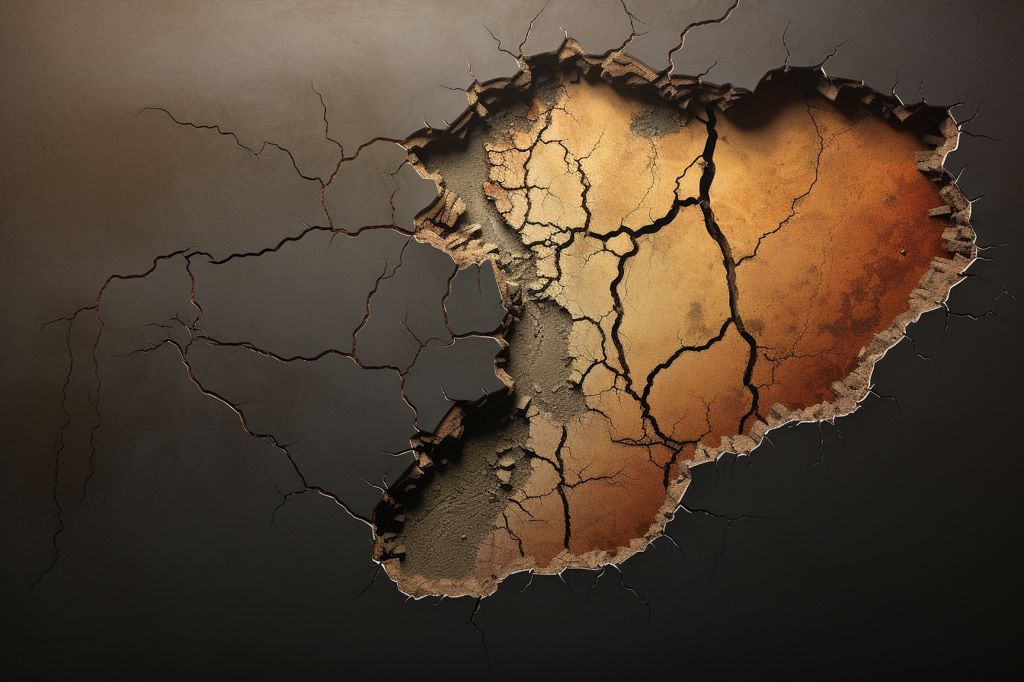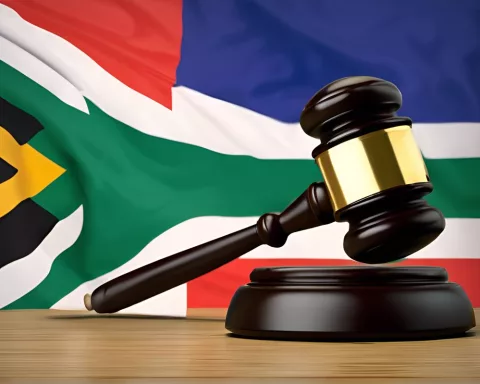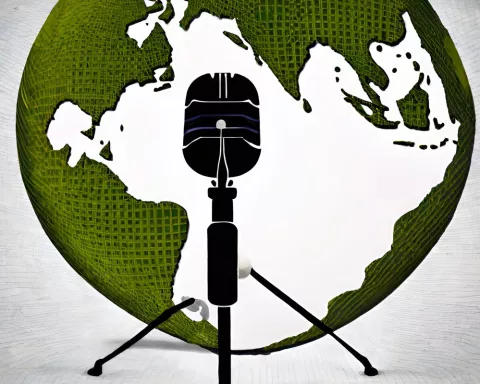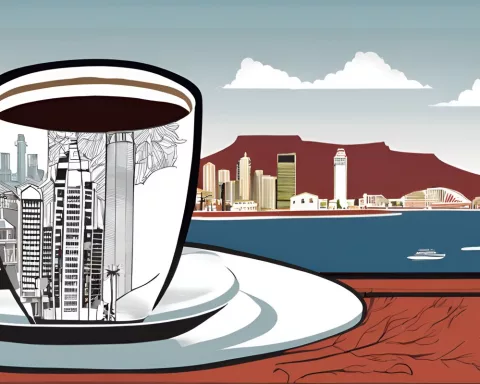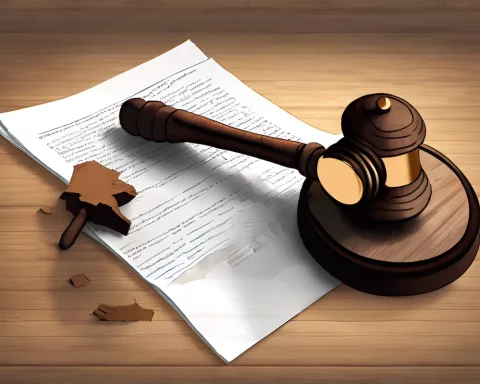South African billionaire Elon Musk has sparked a controversy surrounding the country’s political and social landscape. In a recent tweet, Musk criticized President Cyril Ramaphosa’s inaction against Julius Malema and the Economic Freedom Fighters (EFF) party. He accused the EFF of campaigning for genocide of white people in South Africa.
The Debate and the Response
Malema dismissed the claims as nonsense, leading to a heated exchange between him and Musk. The incident has brought to light the ongoing political tension in the country. Ernst Roets of AfriForum believes Ramaphosa’s silence could be because of his desire to maintain a possible coalition with the EFF. David Scott, a South African musician, condemned Malema’s “bigotry and division” and thanked Musk for bringing the issue to the world stage.
Opposition Parties Respond
The Freedom Front Plus (FF Plus) party intends to report Malema to the Human Rights Commission, while the Democratic Alliance (DA) plans to file a complaint with the United Nations Human Rights Council and the parliament’s ethics committee. DA leader John Steenhuisen is concerned about Malema’s promotion of “hatred, division, and ethnic violence” during the EFF’s recent anniversary celebration. He fears that Malema’s actions could reignite the civil war that South Africa narrowly avoided in 1994.
Free Speech and Artistic Expression in South Africa
The ongoing controversy over the “Kill the Boer” song raises questions about the limits of free speech and artistic expression in South Africa. The Equality Court in Johannesburg ruled in August 2020 that the song did not constitute hate speech or incite violence. AfriForum, a civil rights organization, had filed a lawsuit against the song, claiming it violated the Equality Act. Judge Edwin Molahlehi dismissed the claims, stating that AfriForum failed to prove that the song’s lyrics were based on “prohibited grounds” as outlined in the Equality Act. Molahlehi also affirmed that the song should be protected under the banner of freedom of speech.
The recent rift between Elon Musk, Julius Malema, and various political parties has brought South Africa’s political and social divisions under scrutiny. The country grapples with a history of racial tension and social inequality, and the ongoing debate surrounding the “Kill the Boer” song and its implications serves as a reminder of the challenges that lie ahead in the quest for unity and progress.

